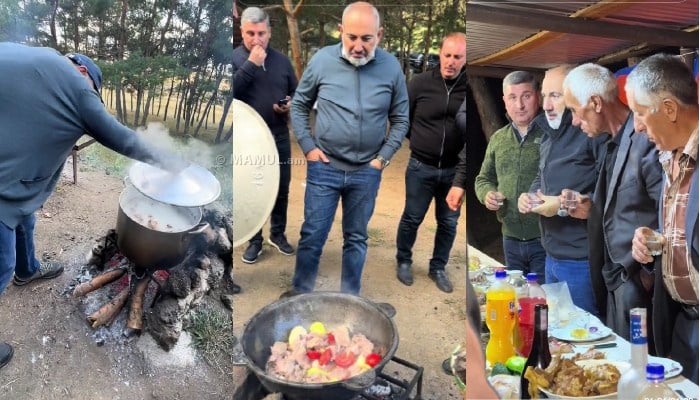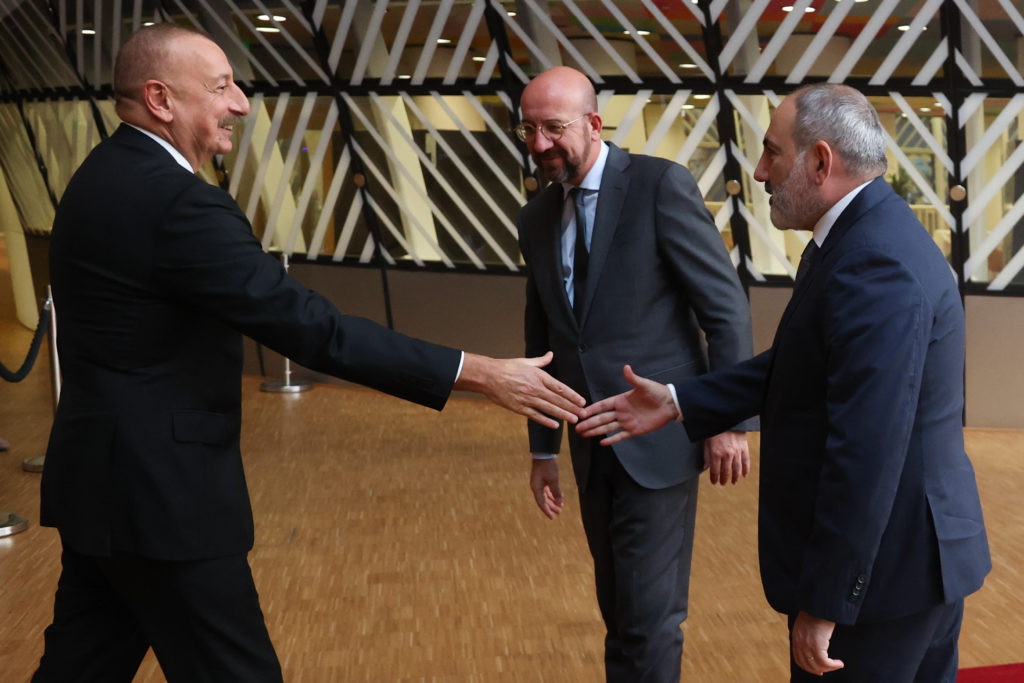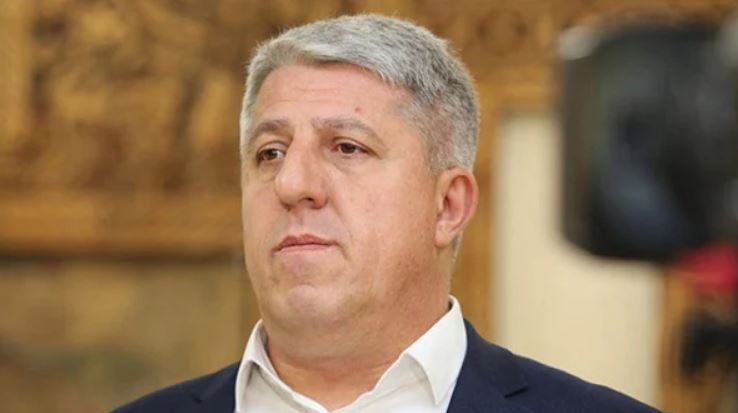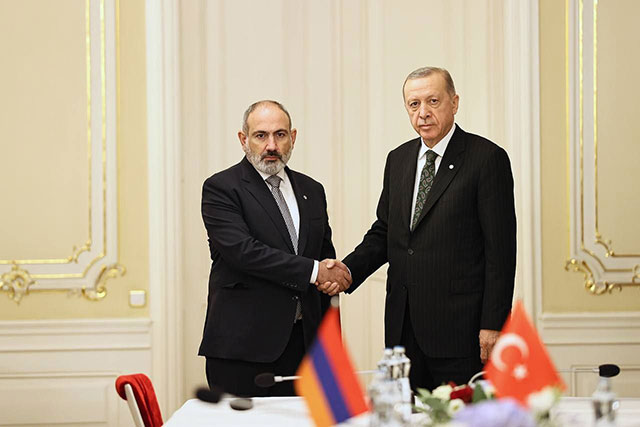“The people chose democracy and peace.” This statement from the authorities is entirely misleading. In political terms, “the people” coincides with the concept of “nation,” where national self-awareness and statehood (as opposed to ethnicity) are crucial. As one political scientist pointed out, it is not nations that create states, but rather states that create nations. In that sense, the kind of state we have reflects the nature of our nation. The political and civic identity of our nation has not yet fully formed. That’s why I often suggest using the more “modest” term “majority of RA citizens” instead of “the people.”
That majority is not particularly interested in democracy. Both sociological surveys and personal observations indicate that democracy is not a priority for our citizens. Furthermore, I regret to say that there is at least a tolerant attitude toward authoritarianism, censorship, and restrictions, particularly among younger generations (the reasons for this are another topic). Not to mention that the current and former authorities differ little in terms of one-man rule, the use of brute force, and political persecution.
The issue of peace is more complicated. On a personal level, no reasonable person in the world would reject peace. But again, the political meaning behind the rhetoric must be considered. For the current government, “peace” or the “peace agenda” translates to the loss of Artsakh and the Republic of Armenia’s sovereign territory, prisoners held in Baku prisons, and endless concessions to the enemy. I doubt that the majority chose this. They have opted to avoid conflict, the “Khashlama” (specific Armenian food ), to “live well,” and to turn a blind eye to everything else.
What about the other end of the political spectrum? Here, it is a minority that follows the opposition. The worldview, thinking, and rhetoric of this opposition stem from the national liberation movements of the 1870s, fidayins (Armenian rebels). While I respect that chapter in our history, I believe these narratives are ineffective as tools in today’s political struggle.
Read also
Are there citizens among us who lie outside both the “Khashlama” majority and the “Fidayin” minority?
Aram Abrahamyan
























































